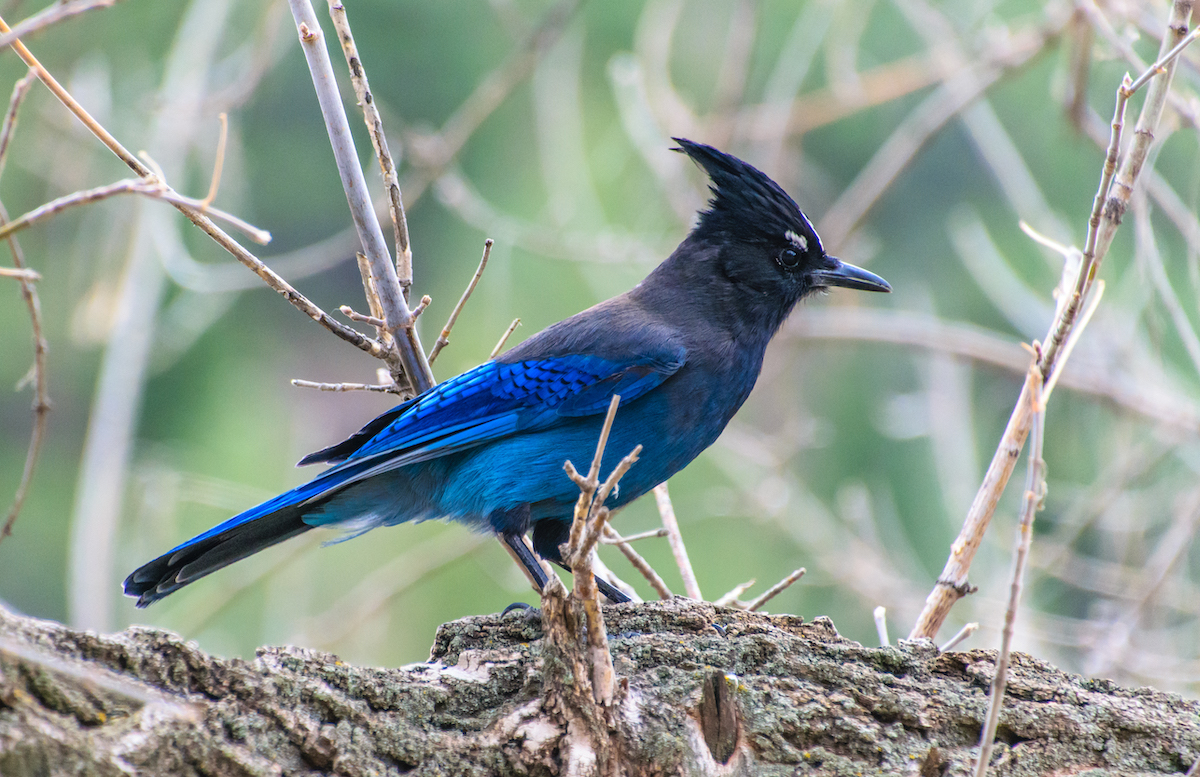American Ornithological Society Makes Some Changes To Make Birding More Inclusive
Inclusion matters!

The American Ornithological Society is taking measures to make the science and hobby of birding more inclusive by renaming birds that are named after people, or that have offensive names instead of descriptive ones.
“We’ve come to understand that there are certain names that have offensive or derogatory connotations that cause pain to people, and that it is important to change those, to remove those as barriers to their participation in the world of birds,” said Colleen Handel, the society’s president and a research wildlife biologist with the U.S. Geological Survey in Alaska.
The Stellar’s jay, Cooper’s Hawk, Wilson’s warbler, and Anna’s Hummingbird are all examples of birds whose English names will soon change, according to NPR Morning Edition. Most often, when the birds are named after people, it’s after the white people who “discovered” them, so to speak, or honoring a white scientist. Members of this new movement to make birding less exclusionary say the birds should have descriptive names instead.
One example is when, in 2000, the American Ornithological Society visited the issue of a bird that they found to have a name that was offensive to Native Americans. They renamed it the Long-tailed Duck.
According to NPR, bird names have generally only been changed for scientific reasons. But this new movement toward inclusion in birding is a sign that birders are addressing a need for a moral update. Back in May of 2020, at the same time news of George Floyd’s murder was gripping the nation, a white woman was recorded threatening a Black birder named Christian Cooper in Central Park, saying she would lie to police that he was the one threatening her.
Just a few weeks later, a group called Bird Names for Birds contacted the Ornithological Society, asking for change. They cited the Central Park incident, as well as a 2019 occurrence where a proposal to change the name of a bird named for a Confederate general was rejected. In 2021, the society changed the bird’s name to a more descriptive “Thick-billed Longspur” to avoid the Confederate associations with slavery and social injustice.
The Society has decided to change all the potentially offensive bird names at once in order to curb unnecessary arguing, said Kenn Kauffman, an author of popular birding field guides. Renaming birds one by one “…seemed like it would lead to endless arguments,” he said, adding that he didn’t want their society to end up as “the morality police.” Instead, renaming the birds with descriptive names seemed like a great opportunity.
The American Ornithological Society has said they will seek public input during their renaming process.
(via NPR, featured image: Kerry Hargrove/Getty Images)
Have a tip we should know? tips@themarysue.com